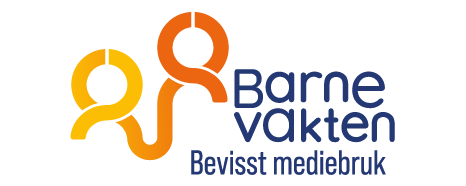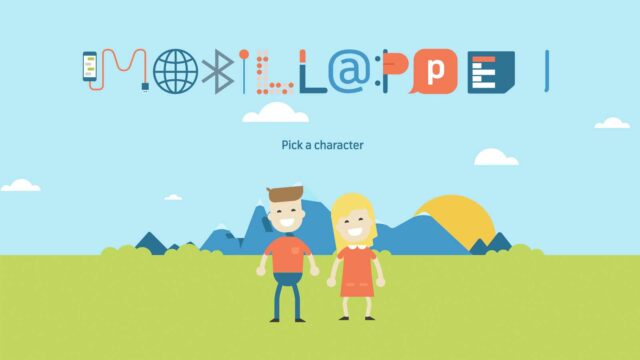
Is it okay that your child talk to artificial intelligence?
Children encounter artificial intelligence in apps, toys, websites, and at school. Artificial intelligence entails some risks for children but can also be very useful.
Choose language in the Google-box below. Some translations may be flawed or inaccurate.
On the site «Kids and Media» we give information and tips for fresh immigrants and language minorities in Norway.
In English, artificial intelligence is abbreviated as «AI.» In Norwegian, the letters «KI» are commonly used.
Artificial intelligence is highly advanced computer programs that have been trained on reading an extremely large number of books and websites.
Examples of artificial intelligence:
Advice for parents on artificial intelligence
Check the age limit: Children are not allowed to use artificial intelligence because providers usually require users to be adults. However, some Norwegian schools allow students to use artificial intelligence because providers remove the age limit for schools.
There is also artificial intelligence in the Snapchat app, which has an age limit of 13 years.
Acts almost like a human: Artificial intelligence is designed so that one can have a conversation with it. For example, children can ask what the capital of Norway is, and it will reply «Oslo.»
Very useful: Artificial intelligence can write poems, make movies, create images, translate, summarize, create data codes, simplify language in texts, calculate, come up with ideas for various things, such as which places to visit in Bergen as a tourist or how to behave on a date.
Do not provide personal information: An important advice is that children and adults should not give secrets to artificial intelligence because they store conversations. The conversations are used, among other things, to display advertisement later. Employees can also read the conversations.
Can give dangerous advice: Artificial intelligence can give dangerous advice on health, finances, and similar topics. Children may not necessarily have enough life experience to understand that advice might be dangerous or bad.
Artificial intelligence can also fantasize facts that are not facts at all.
Prompt: Students are going to learn a lot about prompt in the years to come; it is about how to give the artificial intelligence precise questions or tasks. It is called «ledetekster» in Norwegian.
Parents can benefit from artificial intelligence: When helping your child with homework in Norwegian, you can ask the artificial intelligence to translate into your language. You can also ask it to provide more information about the topic of the homework.
You can also ask it to create a quiz on the topic, making homework more fun. Just remember that sometimes artificial intelligence is completely wrong. Therefore, it is important to check the claims.
Get help writing difficult letters: Are you struggling with the Norwegian language when writing a letter to the school? You can ask artificial intelligence for suggestions for text. First, ask it to write in your language. When you are satisfied, ask it to translate into Norwegian.
Predators and scammers can also use artificial intelligence: Tell your child that scammers can use artificial intelligence to deceive others. For example, children may receive messages that look very correct because the message uses the child’s name and talks about the child’s interests. But then it is a scam. Be careful!
Do not let artificial intelligence do the homework for the child: It is fine to use artificial intelligence to get some help with homework. But the child learns little if artificial intelligence does everything.
Also, remember that artificial intelligence is not completely neutral in its answers but is based on what it has read and the rules developers have put in place.
Read more on the site «Kids and Media«.










